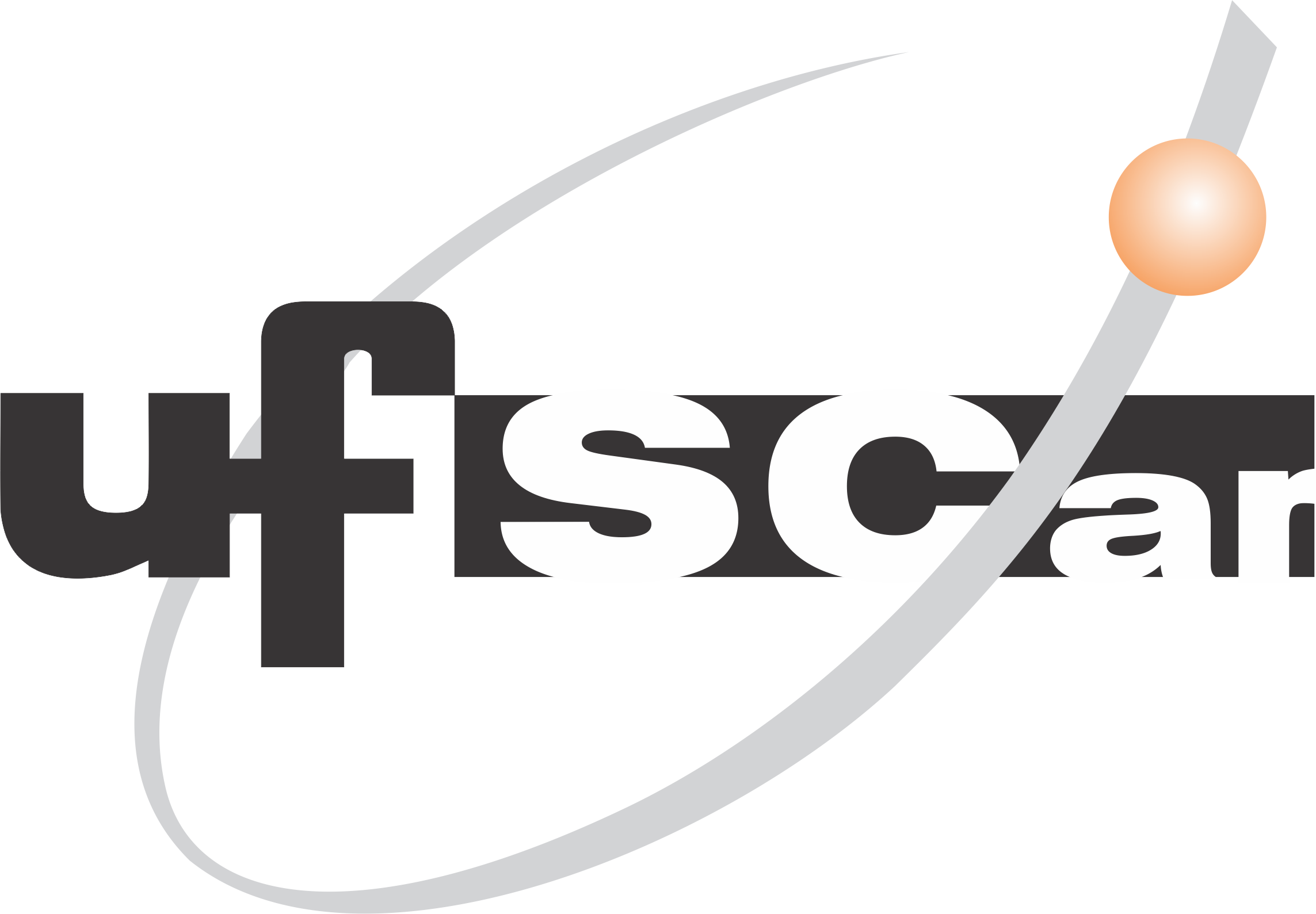Parixara indigenous singing as a pedagogical tool for the revitalization of the mother tongue
Keywords:
Parixara, Indigenous Songs, Indigenous School Education, Wapichana languageAbstract
Indigenous music has sparked different types of investigation. The knowledge contained in the verses of the songs access knowledge that spanned centuries of existence, passed on by grandparents and parents to younger generations. With the attacks against traditional peoples, the songs were one of the hardest hit, reaching almost or total extinction in certain locations. The Wapichana people who lived closest to the city were one of the most affected. However, the Wapishanas have sought to experience their origins and the use of indigenous repertoire has been recurrent in mother tongue classes. We propose to understand how the practice of parixara singing in the classroom can contribute to the revitalization of the indigenous language. The field research took place in the Canauanim Community in Roraima-Brazil. The study was carried out with a Wapichana language teacher, who teaches children students at the Tuxaua Luiz Cadete Indigenous School. As a result of this investigation, the importance of methods that consider the musicality of indigenous songs in didactic sequences in broad socialization for the community and contributing to a constant reflection on Indigenous School Education was understood.
Published
Versions
- 2024-01-26 (2)
- 2024-01-25 (1)









